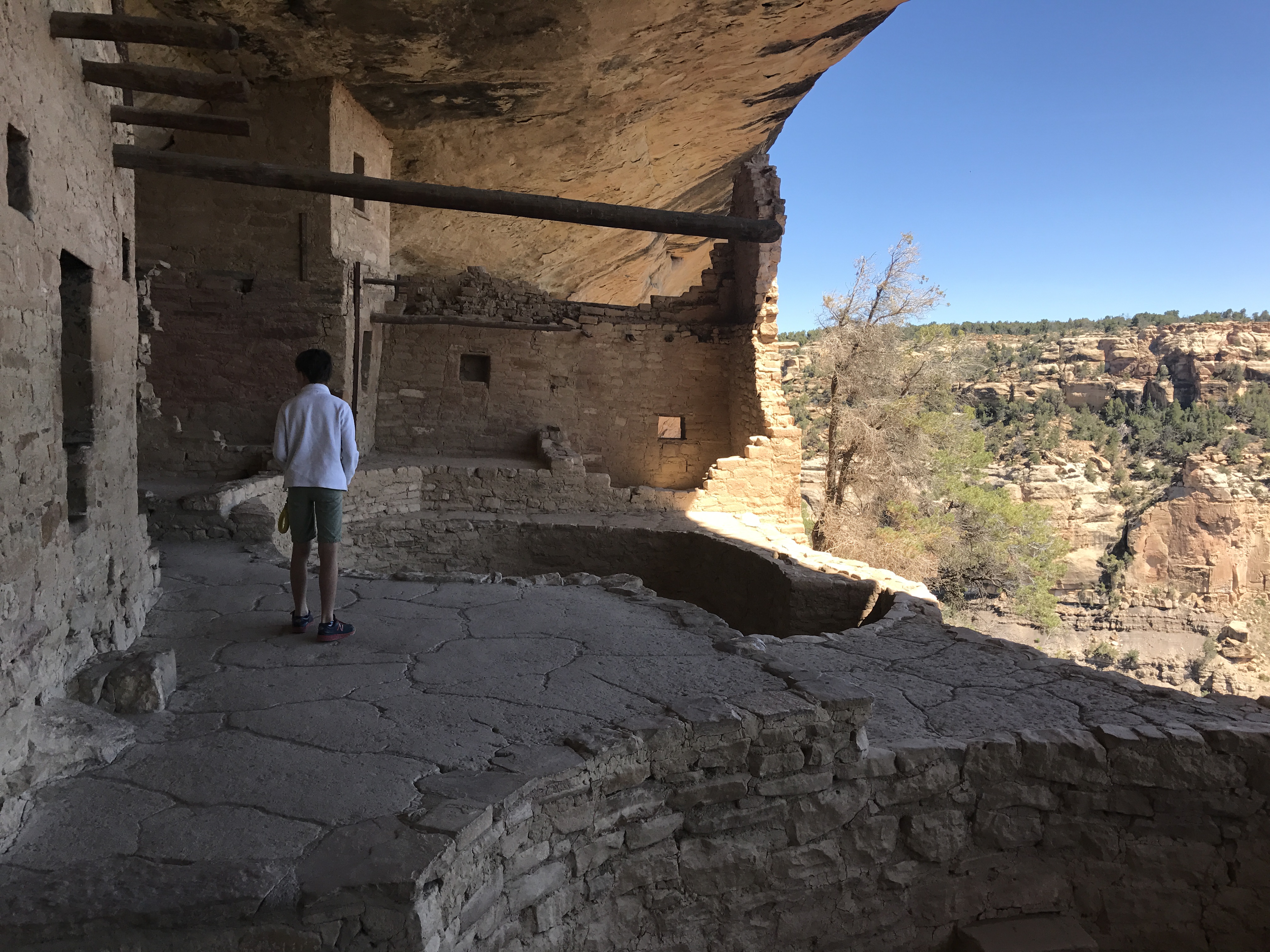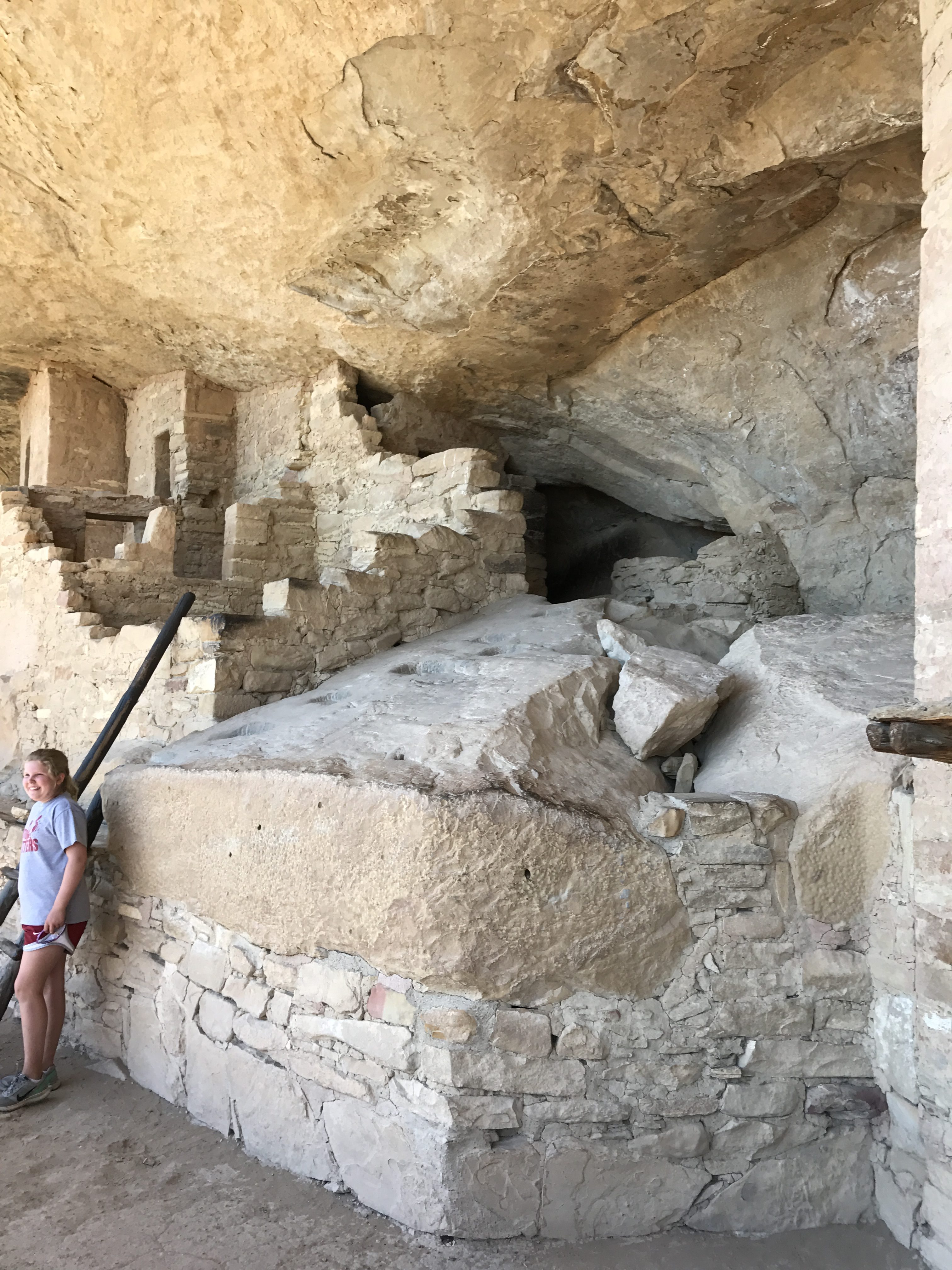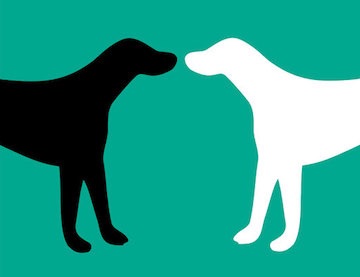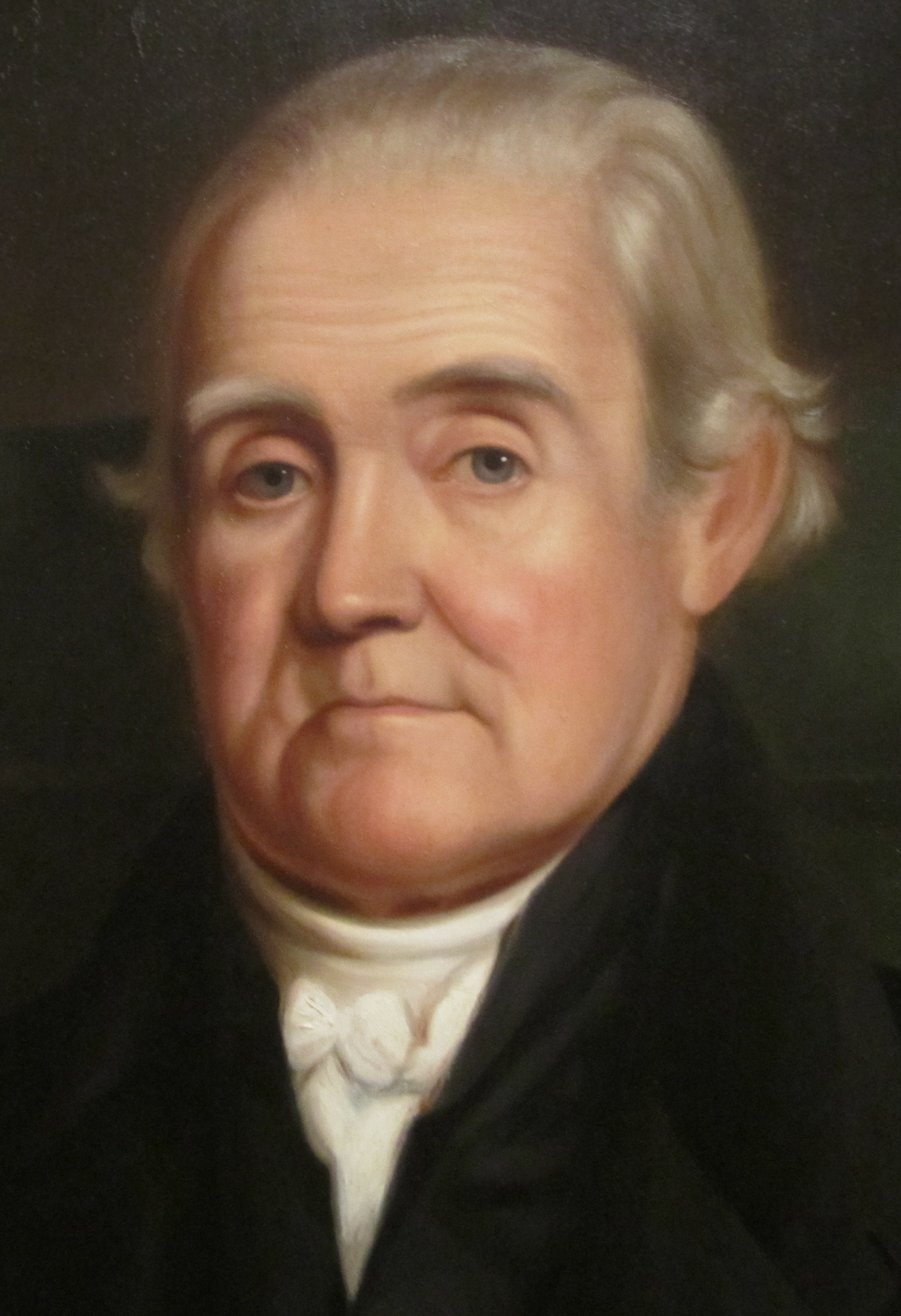 Animals and people have a lot in common, if language is any indicator (something that shows the current state or level of something). We compare people to animals all the time, whether it’s because of their appearance (how they look), personality traits (characteristics), or behavior.
Animals and people have a lot in common, if language is any indicator (something that shows the current state or level of something). We compare people to animals all the time, whether it’s because of their appearance (how they look), personality traits (characteristics), or behavior.
Let’s take a look at a few of the most common expressions we use to talk about people’s personalities.
If someone is stubborn (not willing to change their attitude or opinion), they can be called “pigheaded.” We can also say that they’re “as stubborn as a mule” (an animal born to a female horse and a male donkey).
Intelligent people are sometimes described as being “as wise as an owl” (a large bird with round eyes and the ability to turn its head almost in a full circle and is awake at night). And you might hear people say “an elephant never forgets,” referring to a general belief that elephants have long memories (the ability to remember things for a long period of time). (Elephants are very large animals with a long nose called a “trunk.”)
Lions are generally thought to be brave (courageous, not scared of things). But a chicken is someone who is afraid to do something. The phrase “to chicken out” means to change one’s mind and decide not to do something because one is too scared.
Someone who is very enthusiastic (wanting to do something and looking forward to it) about doing something, especially work, can be described as an eager beaver (a rodent-like animal with a large, flat tail that uses its teeth to cut down trees and use them to block rivers to create ponds).
Someone who is nervous, shy, quiet, and lacking (being without) an interesting personality may be called “mousy.” Similarly, shy people are sometimes described as being “as quiet as a mouse.”
Someone who has a lot to say but suddenly stops talking is said to “clam up,” because a clam is a sea animal that lives between two round shells that can close like the lips of a person who doesn’t want to speak.
Finally, people who “eat like a bird” eat very little. The phrase “to pig out” means to eat a lot of something, and people who “eat like a horse” eat a lot of food.
~ ESLPod Team


 Below is a photo of the “Cliff Palace.” A palace is a very large home where rich or important people live, such as kings or queens. I couldn’t tour this dwelling because it wasn’t open for tours yet.
Below is a photo of the “Cliff Palace.” A palace is a very large home where rich or important people live, such as kings or queens. I couldn’t tour this dwelling because it wasn’t open for tours yet.
 How did the Anasazi reach these dwellings? The best guess (belief based on little or limited evidence) is that they used ropes (long pieces of strong fabric) and were excellent rock climbers, perhaps using only their hands and feet to climb up and down.
How did the Anasazi reach these dwellings? The best guess (belief based on little or limited evidence) is that they used ropes (long pieces of strong fabric) and were excellent rock climbers, perhaps using only their hands and feet to climb up and down. I heard an echo (something you hear again) from the past a few days ago. From my childhood, actually.
I heard an echo (something you hear again) from the past a few days ago. From my childhood, actually. June is here and weddings are in the air (all around us). June is the most popular month for Americans to get married. The second most popular month is October.
June is here and weddings are in the air (all around us). June is the most popular month for Americans to get married. The second most popular month is October. What should you do when the news is scary (makes you afraid)? Fred Rogers’ mom told him that whenever there is a catastrophe (terrible event), he should “look for the helpers. You will always find people who are helping.”
What should you do when the news is scary (makes you afraid)? Fred Rogers’ mom told him that whenever there is a catastrophe (terrible event), he should “look for the helpers. You will always find people who are helping.” Yesterday was
Yesterday was  Have you ever thought about giving one of your kidneys – the part of your body that cleans your blood – to a stranger, to someone you don’t know?
Have you ever thought about giving one of your kidneys – the part of your body that cleans your blood – to a stranger, to someone you don’t know? If you’re an English learner, you may be annoyed at (bothered by) the differences in spelling in American English and British English.
If you’re an English learner, you may be annoyed at (bothered by) the differences in spelling in American English and British English.